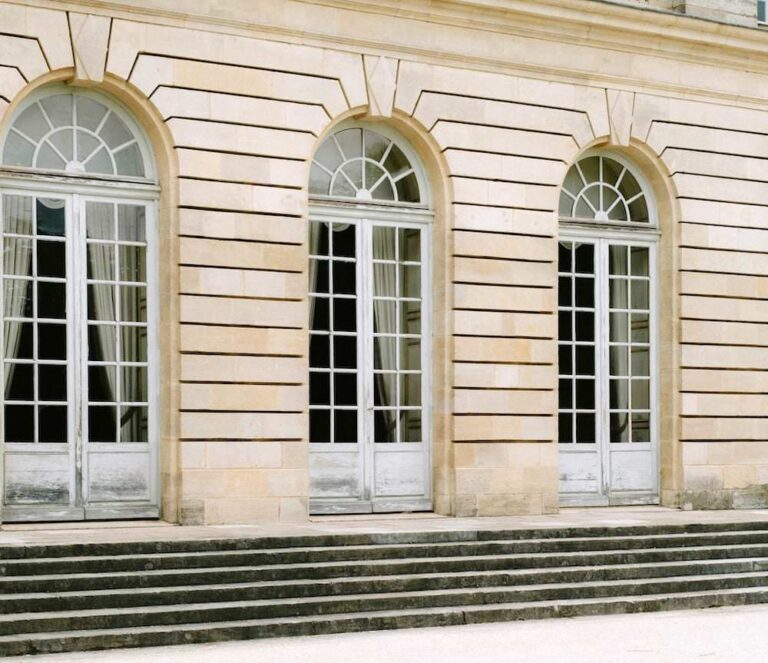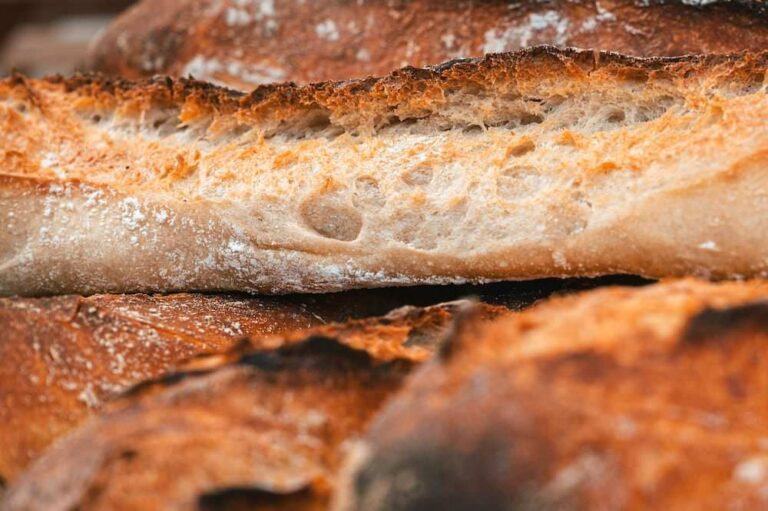lequel
The relative pronoun lequel and its variants (laquelle, lesquels, lesquelles, auquel, duquel, etc.) are used to refer to a previously mentioned noun while avoiding ambiguity. They are more precise than qui or que and are often employed in formal writing or when clarity is essential. Forms of lequel The pronoun lequel agrees in gender and…









